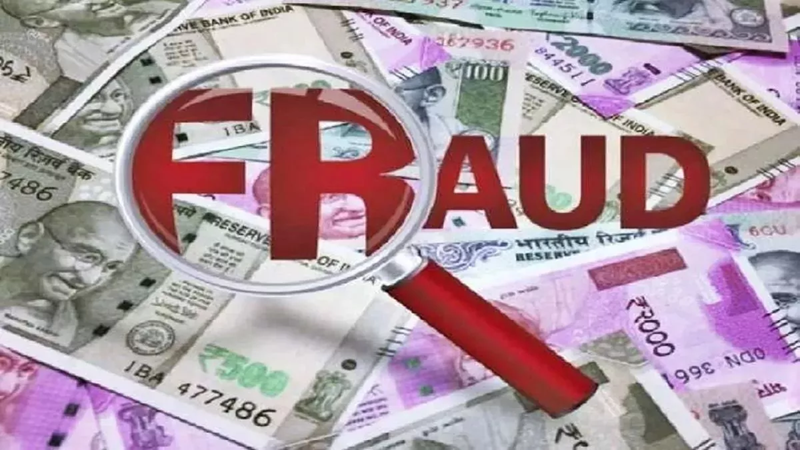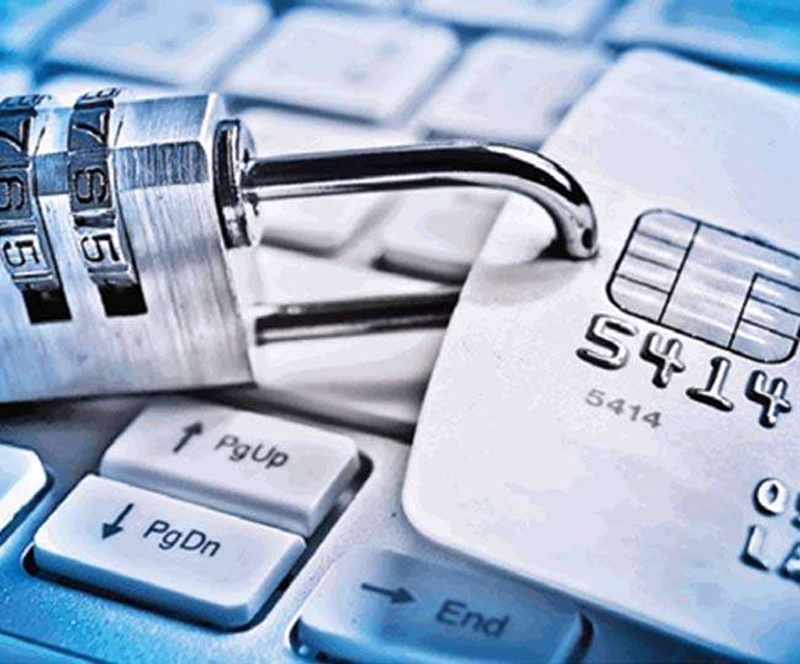
In the digital age, it becomes even more important to avoid online banking scams. Scammers are waiting in ambush when you make a mistake and your bank account is wiped out.
In this article, we are going to tell you how many types of online banking scams there are and how they can be avoided.
How many types of online banking scams are there?
Phishing scams
Phishing scams are a common scam. In this type of scam, text messages or emails are sent to the user by scammers. This appears to be a message from the bank.
A link is given in such messages, on clicking which if personal and banking information is shared then it does not take long for the bank account to be emptied within seconds.
In such messages, the customer is threatened that his banking service is being stopped, in such a situation the user hurriedly clicks on the wrong link. In this method of phishing, scammers also make false calls to the customer on behalf of the bank.
Cracking passwords
Scammers are experts in cracking passwords. In this method of password cracking, scammers steal the password of your online banking service account.
Your banking account is then used to make bank transfers in your name.
Computer viruses
Many times a user clicks on a wrong link or attachment while using the internet. This often happens while downloading software.
By clicking on such wrong links, your device gets infected and malware software enters the computer.
Due to this type of malware, the banking details of the user easily reach the scammers.
Public Wi-Fi networks
Every other user wants to use public WiFi networks because they provide free access to the internet. However, scammers also keep an eye on such open networks.
With such an open network, scammers can easily steal your information. If you log into your online banking account using public Wi-Fi, this information can reach scammers.
Ways to avoid online banking scams
To avoid online banking scams, you can implement these methods-
Do not use passwords like QWERTY, Password, or 12345678 for online banking accounts. Use a strong password instead.
While filling in the banking information, make sure that you use only the correct and official website.

Avoid using public WiFi networks. Even if you are using it, avoid logging into your banking account.
Be cautious about any kind of email or text message. Avoid clicking on links found in such messages.
Download and install any software only from an authentic source. Do not download any software without verifying the website.
PC Social media










